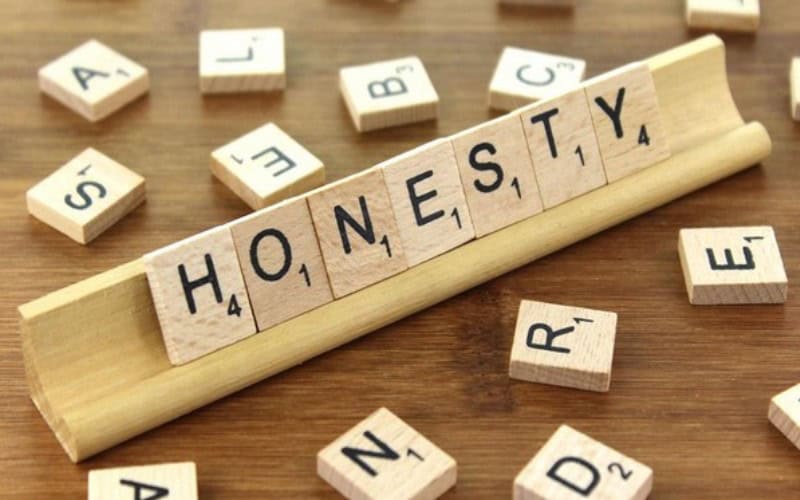Washington: Have you ever told a half-truth to avoid an awkward social situation or to keep the peace? Most people value the moral principle of honesty. At the same time, they frequently avoid being honest with people in their everyday lives.
A new research from the University Of Chicago Booth School Of Business explored the consequences of honesty in everyday life and determined that people can often afford to be more honest than they think.
In the paper, “You Can Handle the Truth: Mispredicting the Consequences of Honest Communication,” Chicago Booth Assistant Professor Emma Levine and Carnegie Mellon University’s Taya Cohen find that people significantly overestimate the costs of honest conversations.
“We’re often reluctant to have completely honest conversations with others,” said Levine. “We think offering critical feedback or opening up about our secrets will be uncomfortable for both us and the people with whom we are talking.”
The researchers concluded that such fears are often misguided. Honest conversations are far more enjoyable for communicators than they expect them to be, and the listeners of honest conversations react less negatively than expected.
For purposes of the study, the researchers defined honesty as “speaking in accordance with one’s own beliefs, thoughts, and feelings.” In a series of experiments, they predicted consequences of honesty in everyday life.
In one field experiment, participants were instructed to be completely honest with everyone in their lives for three days. In a laboratory experiment, participants had to be honest with a close relational partner while answering personal and potentially difficult discussion questions A third experiment instructed participants to honestly share negative feedback to a close relational partner.
Across all the experiments, individuals expected honesty to be less pleasant and less socially connecting than it actually is.
“Taken together, these findings suggest that individuals’ avoidance of honesty may be a mistake,” the researchers write. “By avoiding honesty, individuals miss out on opportunities that they appreciate in the long-run, and that they would want to repeat.”
The findings are present in the Journal of Experimental Psychology: General.
[source_without_link]ANI[/source_without_link]

